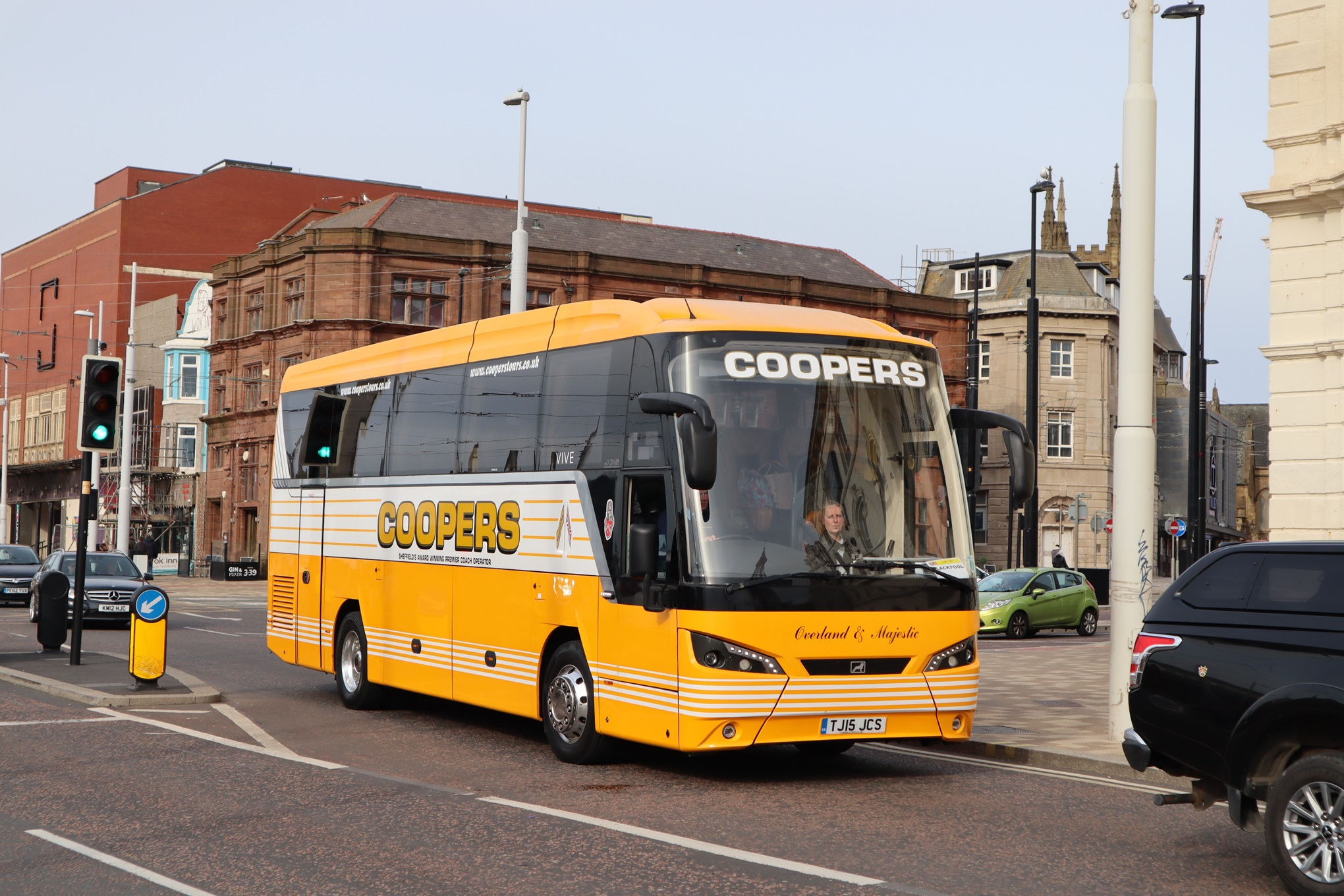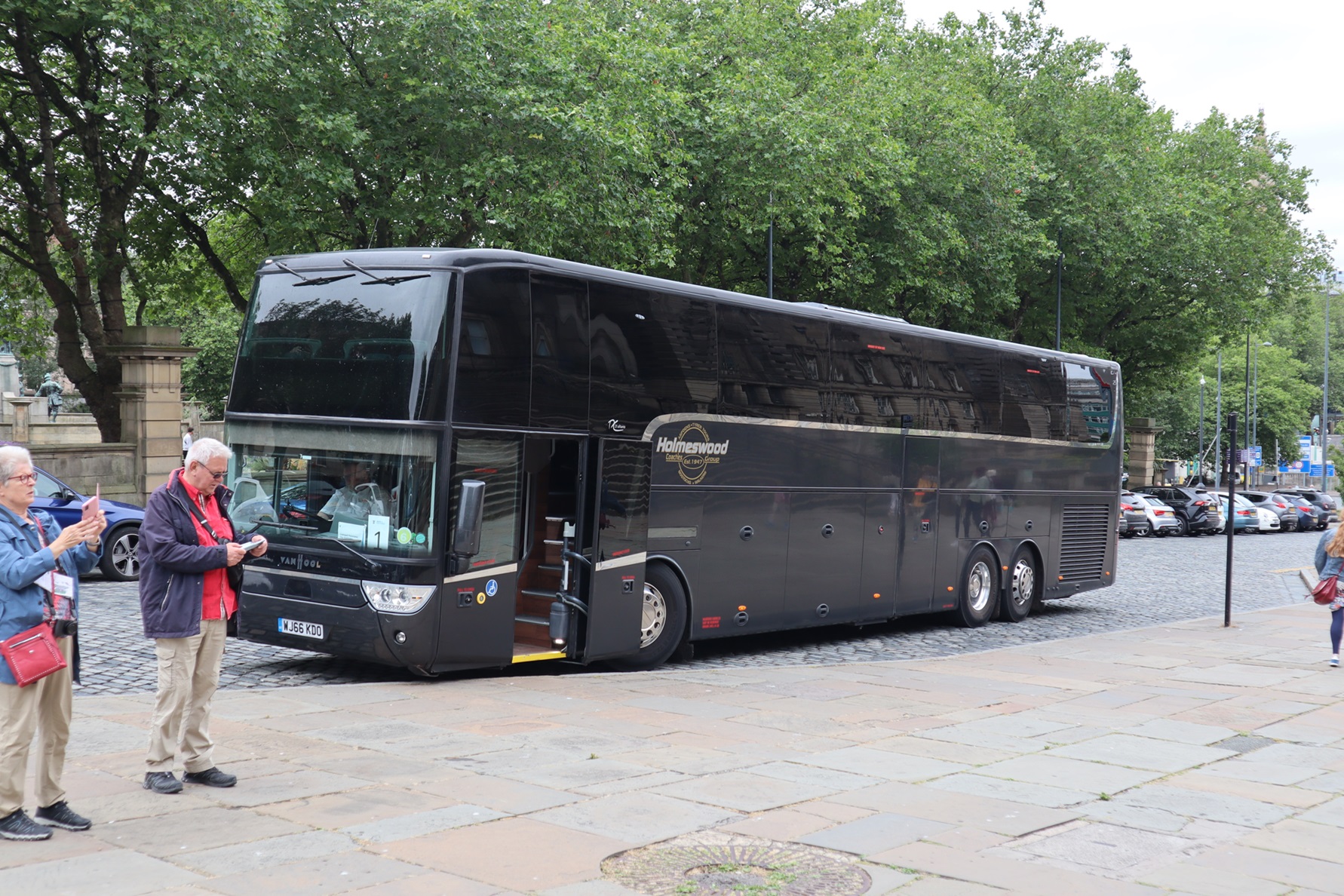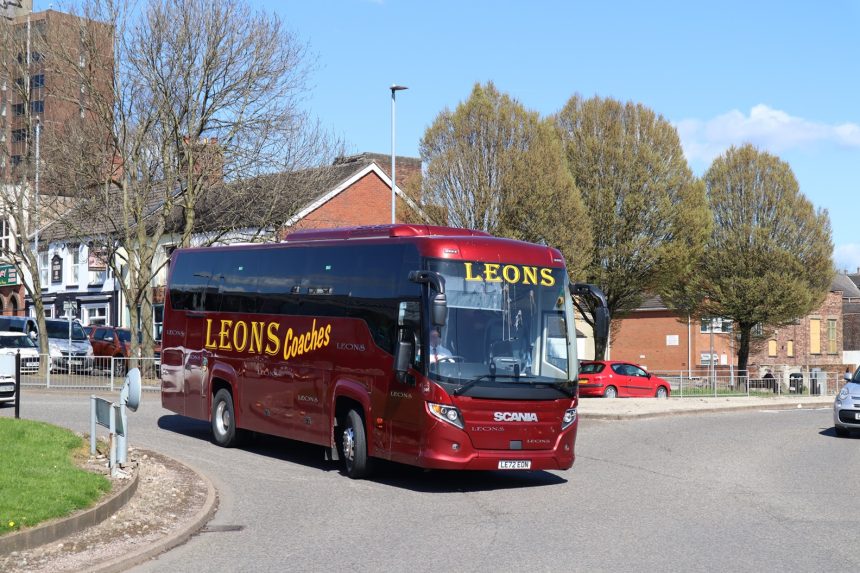The coach industry should seize chances to boost understanding of the mode’s economic benefits among local authorities (LAs) if provision for vehicles, passengers and drivers in towns and cities is to be improved, Confederation of Passenger Transport (CPT) Chief Executive Graham Vidler has said.
His comments follow publication of a report by KPMG illustrating how coach passengers deliver an impact on local economies alone of £8.3 billion per year via day trips, overnight stays, and leisure and shopping.
Above that is £8.9 billion of economic and social benefits generated by those employed within the coach industry and via other activities of coach passengers. The latter includes the results of increased connectivity and more affordable travel, impacts on other road users, and the option of coach as mode.
Coach industry traction at national level difficult
While those numbers demonstrate the overall economic impact of coach, complaints from the industry remain that some towns, cities and villages take a passive approach to coaches, and in more extreme instances, actively discourage them.
Mr Vidler believes that the sector “does a good job of showcasing what it delivers and the growth of coach tourism in particular.” He suggests that difficulty with traction at national levels may be a function of structures there, although a more understanding ear to coach tourism from the Scottish Government is acknowledged.
“Within the Department for Transport are teams that support the bus industry, the rail industry, and so on. There are none dedicated to the coach industry. We and others need to keep doing everything we can to highlight the benefits of coach and try to change that situation.”

The place to anchor that is with LAs and through ongoing work with them to build coach into local transport plans, he continues. Some LAs already recognise the need to “do better with coach, both non-scheduled and scheduled,” Mr Vidler says.
While the financial predicament of many authorities is well known, CPT believes that upping their game on coaches needs not be expensive. In fact, it may not cost much at all. Identifying parking facilities and communicating them to operators is an example of work that could be done efficiently.
“Over the short-term – it does not have to be the long-term – LAs will start to see that initial small investment paid back, whether it is through coach operators paying for parking or, more importantly, our customers spending money,” continues Mr Vidler.
Sharing best practice is another cost-effective way of improving the coach’s lot, he says. Blackpool is cited as a place where coaches are already well considered. Parking and facilities are provided, and coach traffic is strong.
Coach as a part of sub-national transport bodies’ considerations is also important. Among those seven organisations, Western Gateway leads the way on consideration of the mode. Spreading that work to others is seen as a priority by CPT.
Data availability on coach industry is challenging
A difficulty in making the case for coach with LAs and other public bodies is data availability. That is no new thing. It has long been said that there is no definitive figure of how many coach operators exist. The Department for Transport highlighted a lack of data in its work to develop an exemption from the accessible information regulations for coaches on rail replacement.
Data aggregation on coach is something that CPT believes needs to continue to improve for the industry’s reach with politicians to be maximised. “It is a very diverse industry and therefore pulling data together can be hard,” Mr Vidler says.
For the report, KPMG investigated all potential data sources, including those within tourism, and looked at patterns from the National Travel Survey. But data availability must not hinder the production of future reports on coaches and the coach industry, he adds.

Good work already underway in some places
While it may sound that the coach industry has a tough task ahead to leverage awareness among LAs, good work is already underway by operators. Additionally, the Coach Friendly scheme has gained traction in 2024, and CPT has several applications awaiting processing.
Such interest is indicative of a changing attitude already in some areas. “There has been a recognition over the last 12 to 18 months of the value of working with the coach industry, and of jointly coming together to attract more coaches into an area,” says Mr Vidler. “Applications for Coach Friendly status are a sign of that healthy trend.”
Developing national governments’ understanding will be a slower burner, although the KPMG report will help. “We are not holding our breath on announcements of investment in the coach industry, but we certainly think that showcasing what coach does and highlighting what it could do with a little more support from LAs will reap benefits for the industry in the long-term,” he continues.
At the heart of that is helping those authorities to understand the coach market. Currently, too few do so. As a result, they are unaware of how many coaches and coach passengers visit destinations within their boundaries, and how many more would if things were made easier. But with effort and understanding, that could be a relatively easy fix.
KPMG report on coaches’ economic impact available here.



























